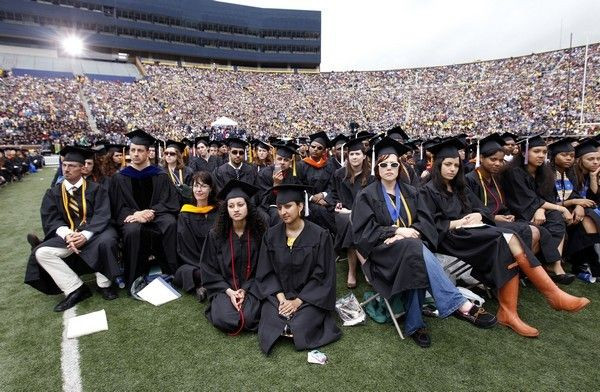Corinthian Colleges Strapped For Cash After Federal Loan Sanctions

A chain of for-profit colleges is at risk of shutting down after the U.S. government restricted its access to federal loans, amid allegations that it was taking advantage of students and adding to the country’s student loan default problem.
The U.S. Department of Education’s Federal Student Aid office has placed Corinthian Colleges Inc. (NASDAQ:COCO,) which operates Everest College and other institutions around North America, on “an increased level of financial oversight” after it failed to address concerns about alleged grade inflation, falsified job placement rates and aggressive marketing campaigns, according to a public statement and a Securities and Exchange Commission filing from the company made Thursday.
The California-based company receives about 80 percent of its revenue from federal loans applied to its 72,000 students every year.
In January the Department of Education asked Corinthian Colleges for information related to the allegations, and sent a series of letters over the next few months. So far, the company said it “has expended substantial resources in making rolling production of responsive documents and data,” according to a Thursday filing.
However, the school’s typical waiting period for funding has been extended from the typical 24 to 72 hours to 21 days. This new stipulation will “result in a significant shortfall in the Company’s operating cash flows,” Corinthian said in the report.
“If the Company is unable to timely obtain alternate financing, the company’s cash flows will not be sufficient to meet its obligations as they become due, which would cause the company to be unable to continue as a going concern,” the filing said.
A person close to the situation told The Wall Street Journal that they have between one day and a week to organize another source of funding.
The Financial Protection Bureau and dozens of attorneys have been looking into its activities for some time.
One California attorney sued the company last fall, accusing it of artificially boosting job placement rates to attract new students. The lawsuit also claims that the company targeted students with “low self-esteem” and with “few people in their lives who care about them,” according to the L.A. Times.
In March, the Obama administration announced a plan to slowly pull federal funding from institutions whose students tend to default on loans most often.
“Higher education should open doors to opportunity, but students in these low-performing programs often end up worse than before they enrolled: saddled by debt and with few, if any, options for a career," Education Secretary Arne Duncan said in a statement.
Other for-profit education firms targeted are the Education Management Corporation (NASDAQ:EDMC), which runs the Art Institute, Apollo Education Group Inc. (NASDAQ:APOL) which operates the University of Phoenix, as well as the DevRy Education Group Inc. (NYSE:DV).
© Copyright IBTimes 2025. All rights reserved.






















